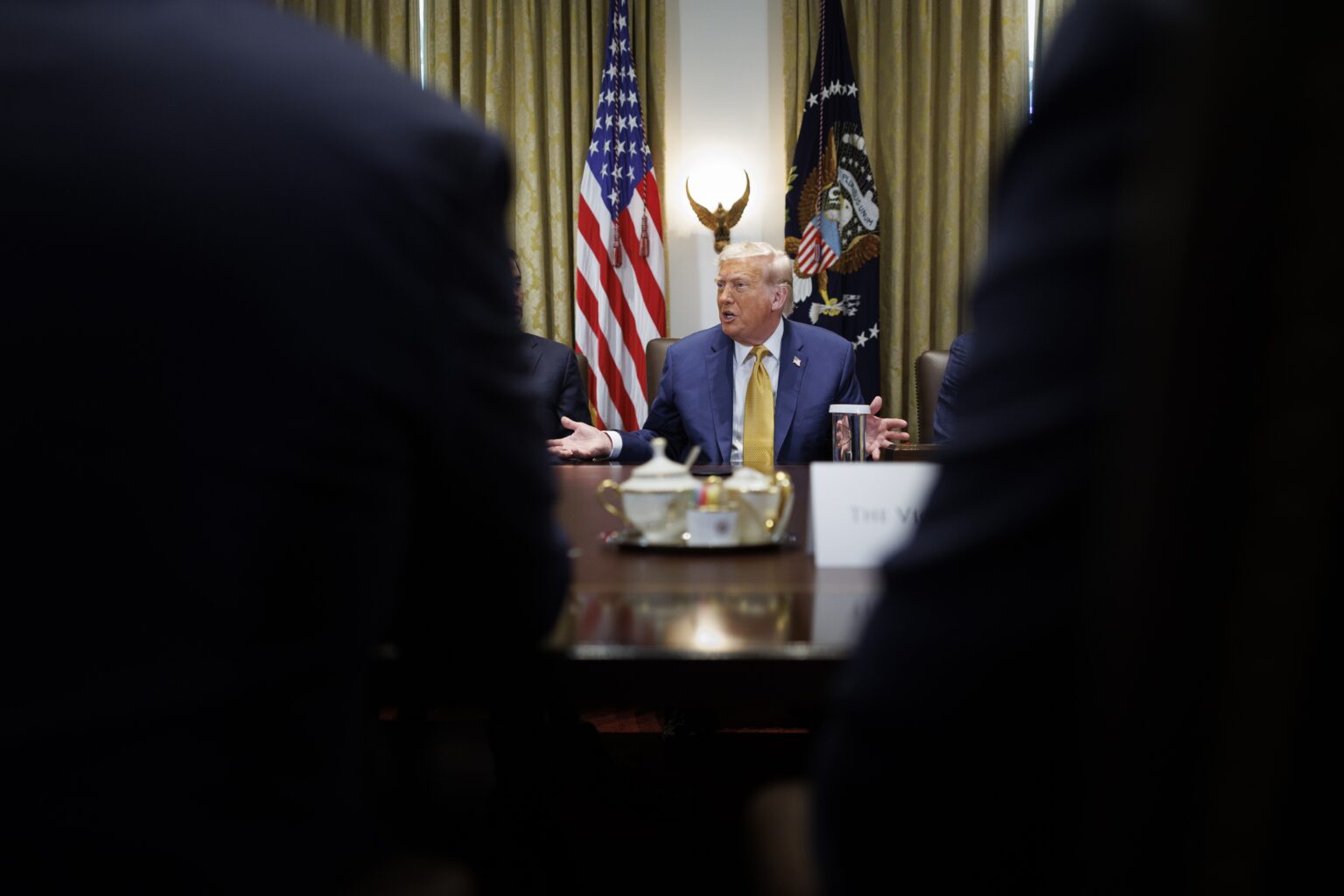President Trump Urges Justice Department to Release Epstein Case Testimony Amid Political Tensions
In a move aimed at addressing mounting political criticism, former President Donald Trump directed the Justice Department late Thursday to pursue the disclosure of all relevant grand jury testimonies related to the Jeffrey Epstein investigation. This directive comes as part of his effort to mitigate growing controversy surrounding the handling of sensitive sex trafficking case documents by his administration.
Clarifying the Nature of the Requested Records
The specific records Trump referenced remain unclear. Under federal law, grand jury testimonies are generally kept confidential to preserve the integrity of ongoing investigations. Trump, however, indicated via a post on Truth Social that the release of these records would be contingent upon judicial approval. Notably, records from a state-level grand jury that probed Epstein in 2006 were publicly disclosed earlier this year by a Florida judge, adding a layer of complexity to the ongoing debate over transparency.
Recent Political and Legal Developments
Trump’s announcement coincided with a legal threat against The Wall Street Journal, which reported that he had contributed a drawing of a nude woman to Epstein’s 50th birthday album. The report, published Thursday evening, claimed that Trump signed a crude outline of a naked woman, inscribing “Donald” beneath her waist. This artwork was reportedly part of Epstein’s 2003 birthday album, which included a message wishing “Happy Birthday – and may every day be another wonderful secret.”
In response, Trump declared on Truth Social that he would be filing a lawsuit against the Journal, News Corp., and its owner, Rupert Murdoch. He criticized the media for allegedly relying on unreliable sources, asserting, “The Press has to learn to be truthful, and not rely on sources that probably don’t even exist.” The Wall Street Journal has declined to comment on the threat of legal action.
Context of the Epstein Investigation and Public Sentiment
The timing of Trump’s call for the release of Epstein-related documents follows the Trump administration’s recent decision not to make the Epstein files public. Epstein, a financier and convicted sex offender, faced federal charges in 2019 for sex trafficking minors. The decision not to release certain case files has fueled suspicions among Trump’s supporters, who believe that powerful individuals may be implicated and that the government is concealing evidence to protect high-profile figures involved in Epstein’s network.
Legal and Investigative Actions Moving Forward
Attorney General Pam Bondi announced plans to seek court approval to unseal the grand jury transcripts as early as Friday, stating, “We are ready to move the court tomorrow to unseal the grand jury transcripts.” However, these transcripts represent only a small portion of the extensive evidence collected during the investigation-often referred to as the “Epstein files.” Earlier this year, Bondi indicated she would review a list of Epstein’s clients, but subsequent statements from her department clarified that there was “no incriminating ‘client list'” to be disclosed.
Ongoing Coverage and Developments
This story continues to evolve, with updates expected as new information emerges. Journalists Jeremy Roebuck, Maegan Vazquez, Natalie Allison, and Emily Guskin contributed to this report, which remains a significant focal point in the ongoing discourse surrounding Epstein’s case and its implications for political accountability and justice.

